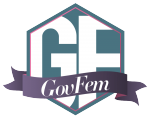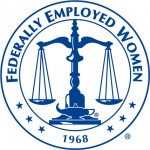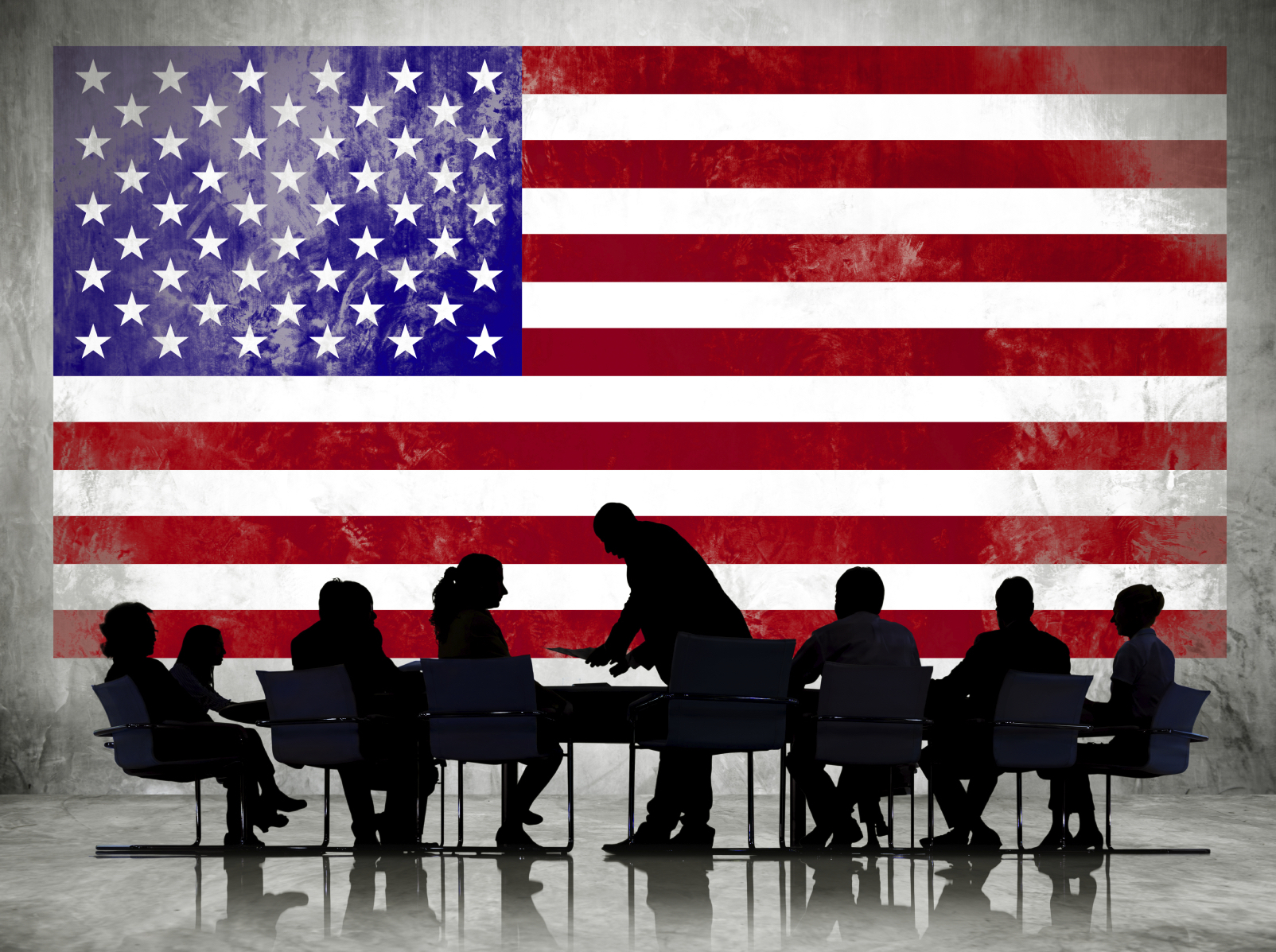
Through GovFem, I’ve been privileged to meet a number of outstanding leaders in the field of government diversity. I’ve also been exposed to a number of amazing organizations that are advocating for and training women to succeed in the public sector.
Most recently, I spoke with Michelle Crockett, President of Federally Employed Women (FEW), a non-profit organization that advocates for and trains women working in the federal government. Crockett also currently works as National Program Director for Equal Employment Opportunity and Diversity at the National Oceanic and Atmospheric Administration (NOAA) National Ocean Service.
Crockett first explained why she chose to dedicate her career to advancing women and minorities. “When I entered the federal sector, I always wanted to use my voice to advocate for others,” she said. “I realized there was a need within the arena of equal opportunity and diversity to use that voice to advocate for employees and ensure that everyone had equal access.”
“Women are very present within the federal sector,” she continued. “However, when you look more closely at workforce demographics you realize that for a vast majority of minority women, you find them in clerical, administrative fields, not in the professional fields.”
Under Crockett’s leadership, FEW works to correct this underrepresentation and advance opportunities for women in government. “Someone needs to be there who is going to continue to bring these issues forward, to help managers and senior leadership address those issues for employees,” she explained.
FEW takes three approaches to women’s advancement in government: advocacy, representation, and training.
Advocacy
“We have a pretty dynamic legislative agenda,” said Crockett. “We’re always going to be there speaking up for the issues related to women, not only within the federal sector but women as a class within our communities, as well.”
This legislative agenda is broken into three tiers:

1. Issues directly impacting female federal workers
2. Issues that impact all federal employees, regardless of gender
3. Issues that affect women as a class, including economic empowerment, healthcare, and violence against women
This tiered approach ensures that FEW prioritizes its advocacy efforts. However, it also allows the organization to cover any topic that its members feel is important to women’s advancement.
“Our membership is open to anyone within the federal sector,” explained Crockett. “That’s why it’s really important that we cover a range of issues, because those are the concerns that our members have brought forth to us.”
Representation
In addition to lobbying for better legal protections, FEW also participates in discussions with other federal bodies. “You want to make sure that, whenever there’s a decision that impacts you within the workplace, there’s someone who is going to be your voice in the room,” said Crockett. “FEW prides itself on being that voice when there are decisions that directly impact women within the federal sector.”
FEW’s reputation, built over more than 40 years, helps the organization take a seat at the table. “We have a strong, long relationship with the Office of Personnel Management, the Equal Employment Opportunity Commission, and Merit Systems Protection Board, where for years we have been in discussions with them about issues that our members bring forth to us, but also about decisions that they’re making that are going to impact us directly.”
For instance, FEW helped develop the 2010 Executive Order to promote diversity in government and contributed to the EEOC Women’s Work Group Report.
Training
Most important, according to Crockett, is FEW’s robust training curriculum. She explained that the organization’s training achieves three goals: “One is to increase members’ knowledge of the federal system, rules, and regulations under which they work. Two is to help members acquire knowledge of career development and planning techniques. And three is to enhance members’ personal effectiveness and awareness of the broader issues that impact women.”
Training takes place in a variety of forums. For instance, “FEW is broken up into 10 regions. Throughout the year, each region will host a training program for that specific geographical location within the country,” Crockett said.
“We also host webinars,” she continued. “Our webinars can focus on anything within the compliance arena or educating employees about their rights as they relate to equal employment opportunity. We also offer webinars on diversity in the workforce — explaining what the demographics are within the workplace. Finally, we also do webinars with some of our sponsors regarding financial security for women or on health and wellness for women.”
FEW also hosts a National Training Program each year for women across the United States. “We have worked very hard to make sure that it is a training program; it’s not just a conference,” said Crockett.
This year’s National Training Program will take place on July 13-16 in New Orleans, LA. It will comprise skills-based trainings, career-building exercises, and informational sessions. It will also provide numerous mentorship and networking opportunities to attendees.
Stay tuned, as we’ll be talking more about FEW’s National Training Program in future GovFem posts. I will also be covering the event, onsite in July. I hope to see you there!
More information, including registration details, for FEW’s 2015 National Training Program can be accessed here.





[…] with Karen Rainey and Michelle Crockett in previous GovFem articles (see this article and this article) about how and why they got involved in Federally Employed Women (FEW), an advocacy and training […]